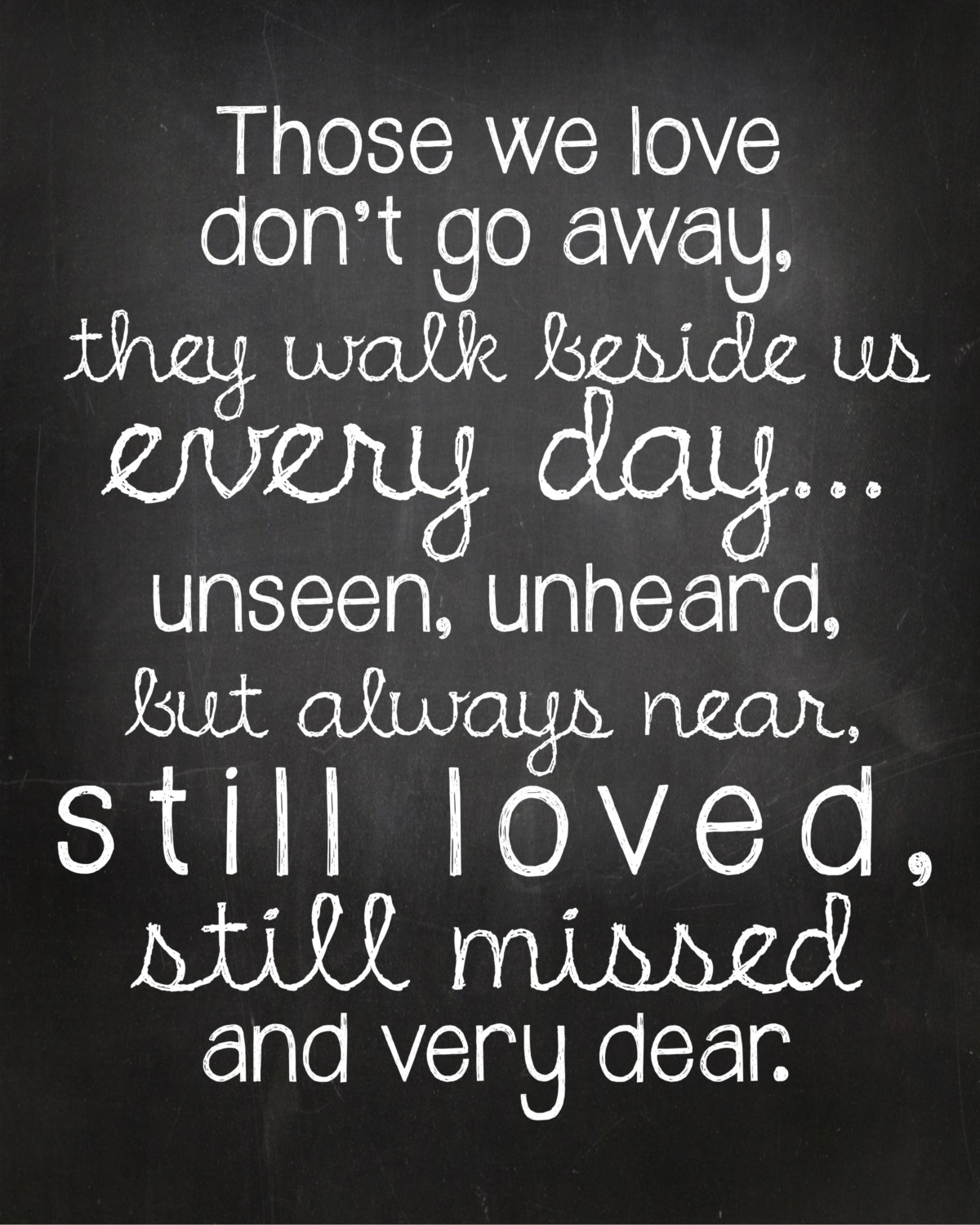Hey there, friend. Let me tell ya somethin' real important right off the bat. Losing a cousin is one of those life moments that hits you hard, unexpected, and leaves a mark on your soul. It’s not just about losing family—it’s about losing someone who’s been there through thick and thin, someone who shared your roots, your laughter, and maybe even your tears. So yeah, this isn’t just any topic; it’s personal, raw, and deeply human. If you’re here because you’ve been through it or know someone who has, you’re not alone. We’ll walk this path together.
Now, when we talk about losing a cousin, we’re diving into an emotional landscape that can feel overwhelming at times. It’s one of those experiences where society doesn’t always know how to respond. People might say things like, “Oh, it’s okay,” or “They’re in a better place now,” but deep down, you’re processing something incredibly complex. There’s no easy way to navigate grief, especially when it involves someone so close to you. And that’s exactly what we’re gonna explore here.
This article isn’t just about sympathy or surface-level advice. It’s about understanding the layers of emotions, finding ways to heal, and honoring the memory of someone who meant so much. Whether you’re dealing with recent loss or reflecting on past experiences, I want you to know that every feeling you have is valid. Stick around, and let’s make sense of it all together.
- Before And After Milia Removal Transform Your Skin Naturally
- Mature Neighbors Dating Site Finding Love In Your Community
Table of Contents
- Understanding Grief When Losing a Cousin
- The Emotional Impact of Losing a Cousin
- How Family Dynamics Change After Loss
- Ways to Memorialize Your Cousin
- Building a Support System for Healing
- Taking Care of Your Mental Health
- Cultural Perspectives on Losing a Cousin
- Helping Children Cope with Losing a Cousin
- The Healing Process: One Step at a Time
- Final Thoughts on Losing a Cousin
Understanding Grief When Losing a Cousin
Grief is universal, but the way we experience it varies from person to person. When it comes to losing a cousin, the grief can feel uniquely layered. Cousins often grow up together, share milestones, and create memories that shape who they are. For some, cousins are like siblings; for others, they’re lifelong friends. No matter the relationship dynamics, the loss of a cousin can trigger a whirlwind of emotions.
What Makes Losing a Cousin Different?
Think about it—cousins occupy a special place in our lives. They’re part of the family, yet they bring a sense of independence and individuality. Maybe you grew up playing hide-and-seek with them during family gatherings or confided in them during tough times. Losing someone who played such a significant role can feel surreal, almost like losing a piece of yourself.
Here’s the thing: society often overlooks the depth of grief surrounding the loss of a cousin. Unlike losing a parent or sibling, there’s less acknowledgment of the bond you shared. That’s why it’s crucial to validate your feelings and recognize the importance of this relationship.
- Does Garage Jewelry Tarnish The Ultimate Guide To Protecting Your Bling
- Cocoa Butter On Scars Before And After The Ultimate Guide For Flawless Skin
The Emotional Impact of Losing a Cousin
When you lose a cousin, the emotional impact can be overwhelming. You might experience a mix of sadness, anger, guilt, and confusion. And honestly, that’s perfectly normal. Grief doesn’t follow a linear path—it’s messy, unpredictable, and deeply personal.
Common Emotions You Might Feel
- Sadness: A deep sense of sorrow that lingers in your thoughts.
- Anger: Feeling frustrated or upset about the unfairness of life.
- Guilt: Wondering if there was more you could have done.
- Confusion: Struggling to make sense of the situation.
Remember, these emotions don’t have to make sense right away. Give yourself permission to feel them fully without judgment.
How Family Dynamics Change After Loss
Losing a cousin can significantly impact family dynamics. Suddenly, there’s an empty chair at the table, a missing voice in conversations, and a void that feels impossible to fill. Family members may react differently to the loss, which can lead to tension or misunderstanding.
Communicating Through Grief
Open communication is key to navigating these changes. Talk to your family about how you’re feeling and encourage them to do the same. Sharing stories, memories, and feelings can bring everyone closer during a difficult time.
Pro tip: Set aside time for family gatherings where you can honor your cousin’s memory. Whether it’s lighting a candle, sharing photos, or planting a tree, these small acts can help keep their spirit alive.
Ways to Memorialize Your Cousin
Honoring the memory of your cousin is a powerful way to cope with loss. From creating physical memorials to embracing digital platforms, there are countless ways to keep their legacy alive.
Ideas for Memorializing Your Cousin
- Create a scrapbook filled with photos and memories.
- Plant a tree or garden in their honor.
- Start a scholarship fund or charity in their name.
- Write letters or journal entries addressed to them.
These actions not only celebrate their life but also provide a sense of closure and healing for those left behind.
Building a Support System for Healing
You don’t have to go through this alone. Building a strong support system is essential for healing after losing a cousin. Reach out to friends, family, or support groups who understand what you’re going through.
Where to Find Support
- Grief counseling services.
- Online communities dedicated to bereavement.
- Local support groups for family members.
Don’t hesitate to lean on others during this time. Sharing your journey with people who care can make all the difference.
Taking Care of Your Mental Health
Grieving the loss of a cousin can take a toll on your mental health. It’s important to prioritize self-care and seek professional help if needed. Therapy, meditation, and journaling are just a few tools that can support your healing process.
Self-Care Tips for Healing
- Practice mindfulness exercises daily.
- Engage in activities that bring you joy.
- Set boundaries with people who don’t understand your grief.
Your mental well-being matters, so don’t hesitate to invest in it.
Cultural Perspectives on Losing a Cousin
Cultural beliefs and traditions play a significant role in how we process grief. In some cultures, losing a cousin is seen as a major loss, while in others, it may not receive the same level of attention. Understanding these perspectives can help you navigate your own journey and honor your cousin’s memory within your cultural context.
How Different Cultures Approach Grief
For example, in many Asian cultures, extended family members like cousins are considered immediate family. As a result, their loss is treated with the same gravity as losing a sibling or parent. On the other hand, Western cultures might view cousins as distant relatives, leading to a different approach to grieving.
Respect your cultural background while also allowing yourself to grieve in a way that feels authentic to you.
Helping Children Cope with Losing a Cousin
When children lose a cousin, they may struggle to understand the concept of death and its implications. As adults, it’s our responsibility to guide them through this challenging time with empathy and clarity.
Talking to Kids About Loss
- Use age-appropriate language to explain what happened.
- Encourage them to express their feelings through art or play.
- Reassure them that it’s okay to be sad and ask questions.
By creating a safe space for open dialogue, you can help children process their grief in a healthy way.
The Healing Process: One Step at a Time
Healing from the loss of a cousin is a journey, not a destination. It requires patience, self-compassion, and a willingness to embrace the process. Some days will be harder than others, and that’s okay. What matters most is that you keep moving forward, one step at a time.
Steps Toward Healing
- Allow yourself to grieve without judgment.
- Find healthy outlets for expressing your emotions.
- Stay connected with loved ones who support you.
Remember, healing looks different for everyone. Trust the process and be kind to yourself along the way.
Final Thoughts on Losing a Cousin
Losing a cousin is undeniably painful, but it’s also an opportunity to reflect on the beauty of the relationship you shared. By honoring their memory, seeking support, and prioritizing your mental health, you can find ways to heal and move forward. This journey won’t be easy, but you’re stronger than you think.
So, take a deep breath, lean on those who care about you, and remember this: you’re not alone. Share your thoughts in the comments below, connect with others who understand, and keep shining your light. Life may never be the same, but it can still be beautiful in its own unique way.
- Western Funeral Outfit Your Ultimate Guide To Dressing Appropriately
- Lainey Wilson Black Jumpsuit A Fashion Statement That Rocks The Red Carpet


